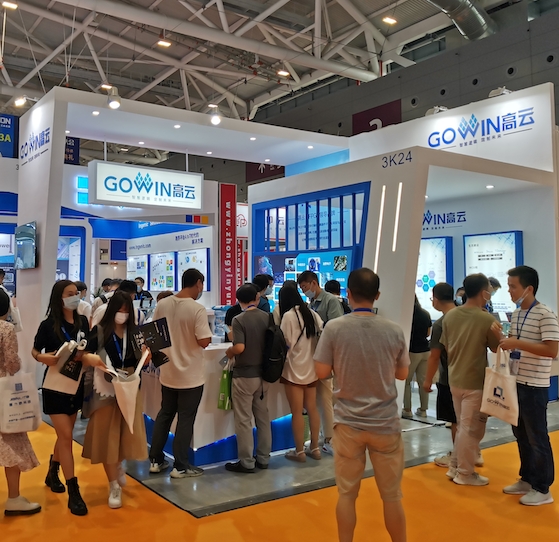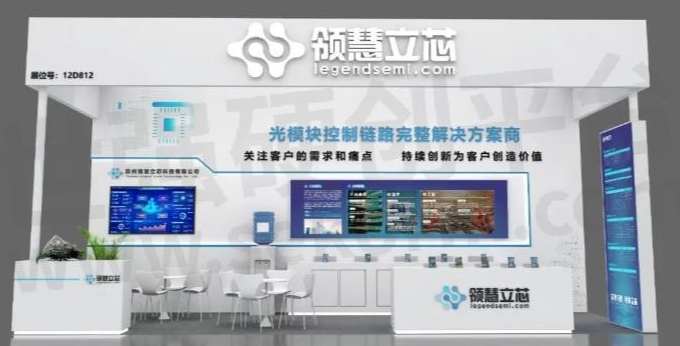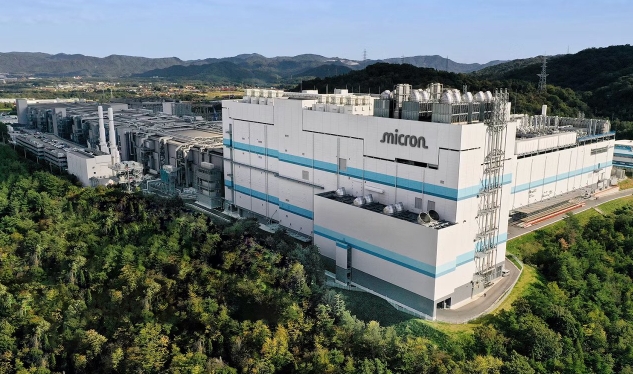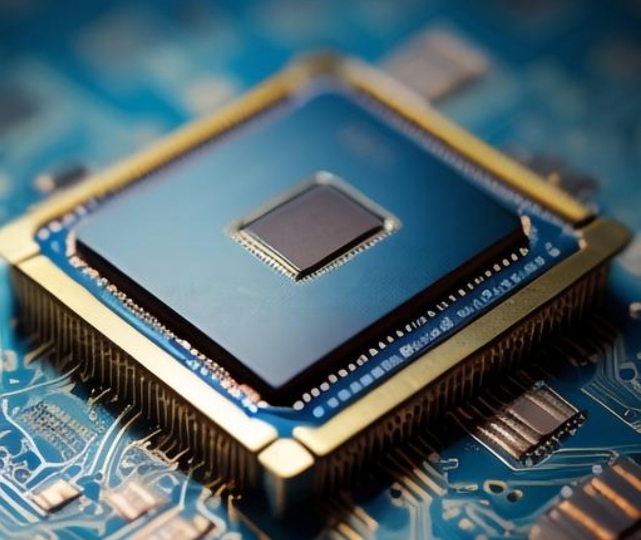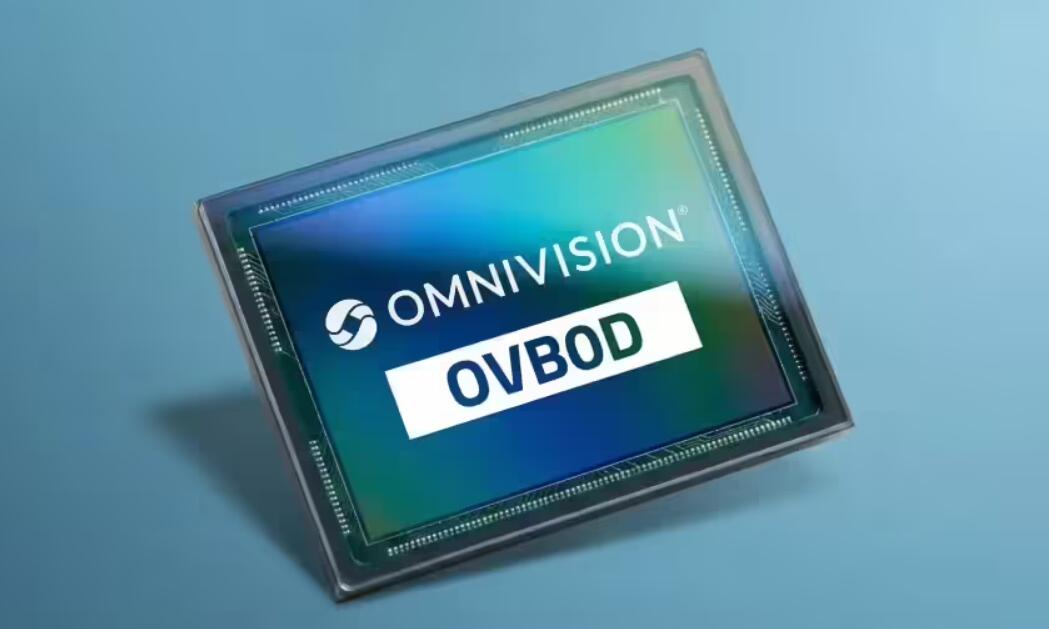Investment and Settlement of Electronic Components
Introduction
The global electronics industry is a cornerstone of modern technological advancement, driving innovation across sectors such as consumer electronics, automotive, healthcare, and industrial automation. At the heart of this industry lies the critical processes of investment and settlement in electronic components. These components, including semiconductors, resistors, capacitors, and integrated circuits, form the building blocks of virtually all electronic devices. As demand for smarter, faster, and more efficient technology grows, so does the need for robust investment strategies and efficient settlement mechanisms in this sector. This article explores the intricacies of investing in electronic components, the settlement processes involved, and the emerging trends shaping the future. It also highlights how platforms like ICGOODFIND are revolutionizing the landscape by providing seamless access to component sourcing and transactional efficiency.
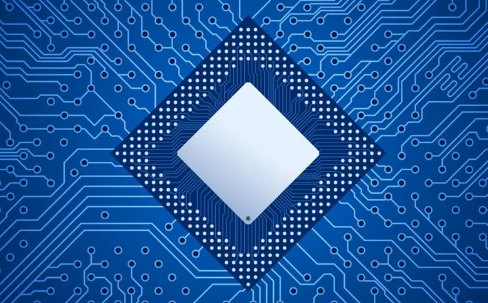
The Landscape of Investing in Electronic Components
Investing in electronic components is a multifaceted endeavor that requires a deep understanding of market dynamics, technological trends, and supply chain logistics. The electronic components market is highly volatile, influenced by factors such as geopolitical tensions, supply chain disruptions, and rapid technological obsolescence. For instance, the recent global chip shortage underscored the fragility of the supply chain and the importance of strategic investment in securing components. Investors must focus on diversification, allocating resources across various types of components—such as active components (e.g., semiconductors) and passive components (e.g., capacitors)—to mitigate risks. Additionally, investing in research and development (R&D) is crucial for staying ahead; companies that innovate in areas like 5G technology, Internet of Things (IoT) devices, and artificial intelligence (AI) hardware are likely to yield high returns. Another key aspect is environmental, social, and governance (ESG) considerations, which are becoming increasingly important. Investors are now evaluating companies based on their sustainability practices, such as reducing e-waste and using conflict-free minerals. Platforms like ICGOODFIND facilitate this by offering transparent sourcing options, allowing investors to align their portfolios with ethical standards. Moreover, the rise of digital marketplaces has democratized access to component investments, enabling smaller players to participate in what was once dominated by large corporations. By leveraging data analytics and real-time market insights, investors can make informed decisions, identifying undervalued components or emerging technologies before they become mainstream.
The Settlement Process in Electronic Component Transactions
Settlement in electronic component transactions refers to the finalization of a trade, where ownership is transferred, and payment is completed. This process is critical for maintaining liquidity and trust in the market. Traditionally, settlement involved lengthy paperwork, manual verification, and delays due to intermediaries. However, with the advent of digitalization, automated settlement systems have become the norm, reducing processing times from days to minutes. These systems use technologies like blockchain and smart contracts to ensure transparency, security, and efficiency. For example, blockchain can provide an immutable ledger of transactions, preventing fraud and errors, while smart contracts automatically execute payments upon fulfillment of predefined conditions. Another important aspect is currency and payment flexibility. Given the global nature of the electronics industry, transactions often involve multiple currencies and cross-border payments. Efficient settlement requires mechanisms that minimize exchange rate risks and transaction costs. Digital platforms, including ICGOODFIND, integrate multi-currency support and secure payment gateways, streamlining international trades. Additionally, incoterms (International Commercial Terms) play a vital role in settlement by defining responsibilities between buyers and sellers, such as shipping costs and risk allocation. Common incoterms like FOB (Free On Board) or CIF (Cost, Insurance, and Freight) impact how settlements are structured. For instance, under CIF, the seller handles insurance and freight costs until the goods reach the port of destination, which influences the payment schedule. By adopting standardized incoterms and digital tools, businesses can avoid disputes and ensure smooth settlements. Furthermore, regulatory compliance is essential; adherence to international trade laws and anti-money laundering (AML) regulations safeguards against legal repercussions. Platforms like ICGOODFIND enhance compliance through automated checks and documentation.
Emerging Trends and Future Outlook
The electronic components industry is evolving rapidly, driven by technological advancements and shifting market demands. One significant trend is the integration of artificial intelligence and machine learning in investment and settlement processes. AI algorithms can predict market trends optimize inventory management, and detect fraudulent activities during settlement. For instance, AI-powered tools analyze historical data to forecast component shortages or price fluctuations enabling proactive investment decisions. Similarly machine learning enhances risk assessment in settlements by identifying patterns that human analysts might miss. Another trend is the growth of sustainable investing. As climate change concerns mount investors are increasingly prioritizing companies that adopt green practices such as using recyclable materials or reducing carbon footprints in manufacturing. This shift is reshaping investment strategies with more funds flowing into eco-friendly electronic components like energy-efficient semiconductors or biodegradable PCBs. Settlement processes are also adapting with platforms incorporating carbon credit trading into transactions promoting environmental accountability. The rise of digital twins is another game-changer; these virtual replicas of physical components allow investors to simulate performance and reliability reducing investment risks. In settlements digital twins can verify component authenticity before payment minimizing counterfeit issues. Moreover geopolitical factors continue to influence the landscape; trade wars or sanctions can disrupt supply chains necessitating agile investment approaches. Looking ahead the industry will likely see increased collaboration between stakeholders through ecosystems that connect manufacturers distributors investors and end-users. Platforms like ICGOODFIND are at the forefront of this evolution offering comprehensive solutions that bridge gaps in the market. By providing real-time data secure transactions and global reach they empower participants to navigate complexities effectively.
Conclusion
In conclusion investment and settlement in electronic components are pivotal to the sustained growth of the global electronics industry. Investors must navigate a complex landscape marked by volatility technological change and ethical considerations while settlement processes require efficiency transparency and compliance. The emergence of digital tools and platforms has transformed these aspects making them more accessible and secure. ICGOODFIND exemplifies this progress by offering a streamlined approach to component sourcing investment and settlement fostering a more connected and efficient market. As trends like AI sustainability and digitalization continue to shape the future stakeholders must adapt to stay competitive ultimately driving innovation and prosperity in this critical sector.

